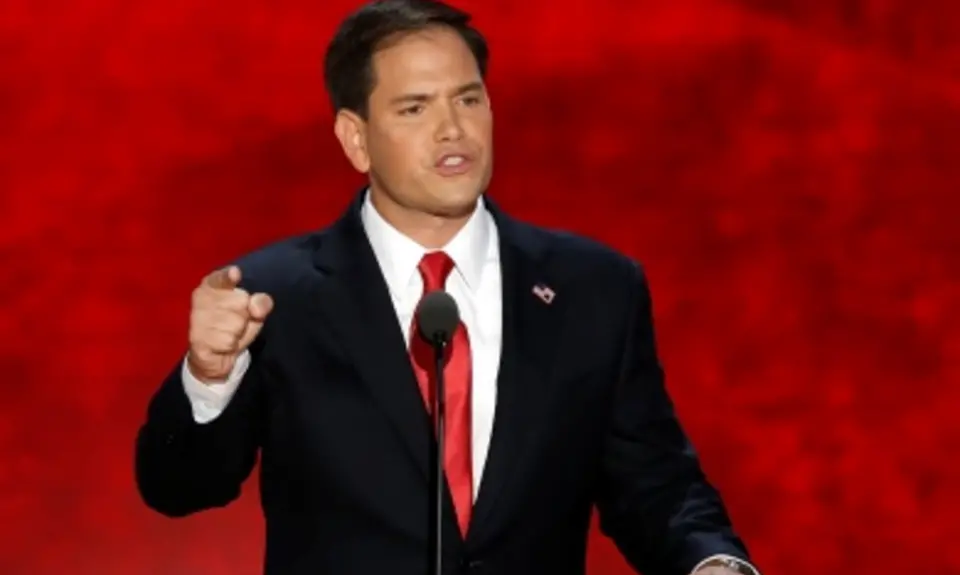Update (1/8/13): Last night, MSNBC All In host Chris Hayes explored the possible motivation behind Sen. Rubio's obstruction of William Thomas.
Watch:
Yesterday, we learned that state judge William Thomas's historic nomination for a federal judgeship was dead, due solely to obstruction from Florida Sen. Marco Rubio. Thomas would have been the first openly gay African American man on the federal bench. Press outlets are once again quoting Rubio's inaccurate statements about Judge Thomas explaining why the senator has spent more than a year blocking a nominee who he initially had recommended to the White House.
Unfortunately, Rubio's opposition meant that Thomas was never afforded an opportunity to correct the record in a public hearing, under the current "blue slip" policy of Judiciary Committee Patrick Leahy. And as a nominee, he did not go to the press to defend his record. As the story fades from the headlines, Judge Thomas deserves better than to let Rubio have the last word.
After Rubio spent months refusing to explain why he was blocking the nomination, we finally learned last summer that he was supposedly concerned about Judge Thomas's "willingness to impose appropriate criminal sentence sentences" in two high-profile cases. The first involved the allegation that Thomas had given a light sentence to someone who had killed a cyclist in a hit-and-run accident. However, prosecutors hadn't charged the defendant for killing the cyclist. They had only charged him with leaving the scene of the accident, so that was the only crime Judge Thomas could sentence him for. Another Florida judge was so frustrated at the misinformation being reported about this case that he wrote a letter to Sen. Rubio correcting the record and explaining how the sentence was consistent with Florida's sentencing guidelines for the crime.
The second case supposedly showing inappropriate leniency toward criminals was a notorious murder case. Rubio criticized Thomas for having prevented prosecutors in that case from using evidence he concluded had been obtained unconstitutionally. (Rubio didn't actually address the legal merits of that decision.) But Judge Thomas's decision had come in 2006 (many years before the nomination), was widely reported at the time, and was well known when Rubio recommended Thomas for a federal judgeship. This was not new information. When the defendant was found guilty, Judge Thomas sentenced him to death. Shredding Rubio's purported justifications even further, the murder victim's mother thanked the court after the trial and said "we have completed justice."
If Sen. Rubio genuinely had a problem with the nomination, he could have publicly testified before the Judiciary Committee. But he did not dare do that, since his reasons were too flimsy to withstand the scrutiny he would have received from his fellow senators. Without a hearing, Judge Thomas was denied a venue to correct the record, Senators were denied the opportunity to evaluate his qualifications, and the people of Florida are denied the service of a highly qualified federal judge.
Did you find this content useful? Help us keep it coming with a donation to support our work.
